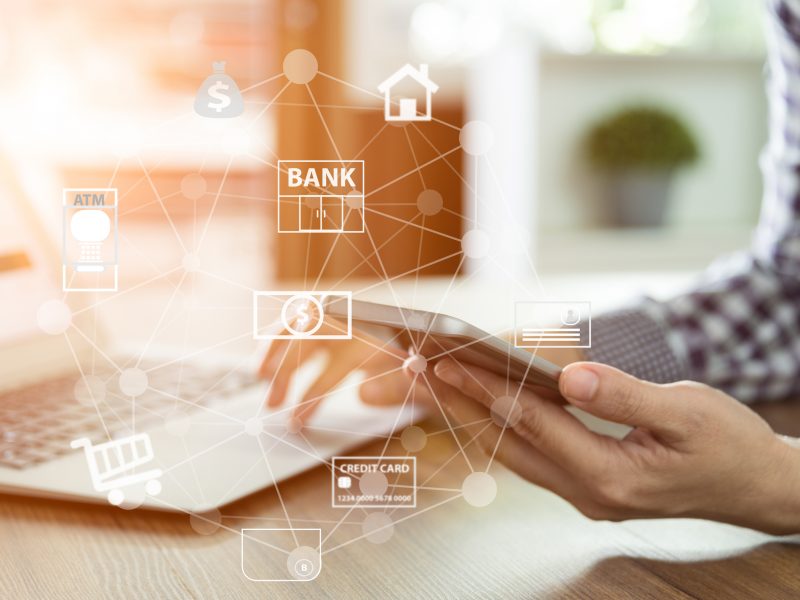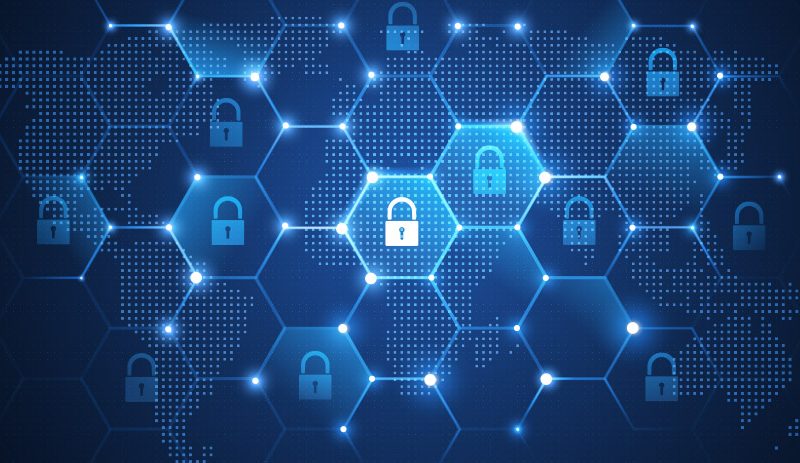Want to keep your money safe online? Think about your underpants
Budgeting, planning and all the good credit habits in the world are no good if someone goes and nicks your hard-earned money. These days, though, the bad guys are unlikely to turn up with stockings over their heads and big sacks marked “swag”. Digital crime – money being stolen directly from your bank account – is on the up.
There are two ways this can happen, and one is a lot more common than the other.
“Hacking” is what most of us think of when we imagine money being nicked from our bank account (or what we blame when our Facebook account suddenly starts posting amazing deals on Oakley sunglasses). Real hacking though – someone sitting down and going all out to bypass your bank’s security systems just to get at your grocery money – is pretty rare. It’s hard, it takes time, and crooks are lazy.
“Phishing,” on the other hand, is a lot more common. And that’s where underpants come into it.
Phishing relies on what computer security people call social engineering. Instead of writing some clever code or virus, a phishing attack typically uses something simple like an email or a Facebook message to lead you down a path that ends in you sharing your bank login details with the bad guys.
The messages and emails can look pretty convincing, and before you know it you’re at what looks like a banking login page, giving the keys to your virtual vault to who-knows-who.
Give away that password, and you haven’t been burgled: you’ve left the front door open and told the crooks which mattress the money is under.
Your best protection? Treat your banking passwords like your underpants.
Change them often
OK, we’re not suggesting you change your password every single day (or more often, if you’ve been for a run). But a password that hasn’t changed since you opened the account is hack-cident waiting to happen. If keeping track of ever-changing passwords is a hassle, you could always try a reputable password management app.
Don’t share them
Underpants are personal and so are banking passwords. So no matter how much you trust someone, don’t ever share your password with them. That goes for your bank, too! The only place a bank will ever ask for your password is when you’re logging in to online banking. And they’ll never link you to a log-in page via an email or Facebook message. (Bonus tip: same goes for your credit and EFTPOS card PIN!)
Don’t leave them lying around
You wouldn’t leave your undies on the desk at work, or stuck to the fridge door at home (well we really hope you wouldn’t). Same deal with your banking password. Writing it down is risky enough. If that’s the only way you can remember it, though, put it somewhere no one will think to look – and don’t make it obvious what it is.
Credit Simple
Credit Simple gives all Australians free access to their credit score, as well as their detailed credit report. See how your credit score compares by age, gender and community and gain valuable insights into what it all means.
All stories by: Credit Simple


